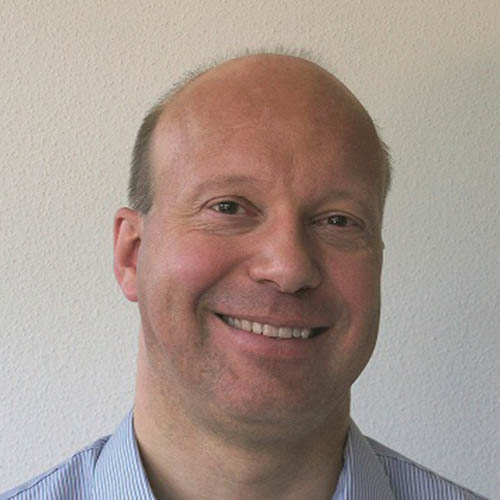Interview: Dr. Joachim von Scheele of Linde Group
We spoke with Dr. Joachim von Schéele, the Head of Manufacturing Industries – Asia Pacific of The Linde Group, about his topic Co-operation and Technologies to Reduce Energy Demand and Emissions in Heavy Industries.
Joachim von Schéele is since 2015 based in Shanghai, China. From there he leads Linde’s worldwide efforts in the metallurgical areas in his role as Global Head of this market segment, and additionally he is the Asia Pacific Head of Application Sales for Manufacturing Industries and for Steel, Metals & Glass Industries. His previous position (2011-2015) was as Vice President of Linde India Ltd. and Head of Applications Sales for South Asia.

Q: Tell us about Linde and your role.
A: Linde is the world’s largest industrial gases company. We are currently not trading as Linde in all locations, so many people might recognize us as Praxair, BOC, AGA, PanGas, etc. But we are also a large engineering and technology company related to production, processing and not at least use of gases. My focus is on manufacturing industries, e.g., automotive, and companies in the steel, metals and glass sectors, and how we can support our customers to become even more productive and successful. As China represents 30-50% of world production in those industries, I am based in Shanghai. We have a large and continuously growing business in China with more than 3000 employees.
Q: What are some of the solutions that Linde offers to reduce energy consumption in process and manufacturing industries?
A: We are the world leader in oxyfuel combustion, which can be used in many processes, including melting, heating, and reheating. Frequently our installations result in fuel savings of 30-50% and, accordingly, a reduction of CO2 emissions at same magnitude. But also, as legislation on NOx emissions is becoming increasingly stricter, it is important to note that we completely fulfill those criteria as well. Moreover, Linde works in, for example, mobility with the use of hydrogen and enhancement of battery manufacturing.
Q: You’ve mentioned that there are over 120,000 industrial furnaces in operation in China, and these furnaces account for 25% of the total energy usage in China. How many of these furnaces are suitable to be made more efficient?
A: The simple answer is: practically all of them! However, that doesn’t mean it is economically viable everywhere, e.g., among the already most efficient or smaller ones. But reducing energy usage is also about protecting our environment, and if we apply a tangible cost on emissions, like a CO2 emission rights trading scheme, then such efficiency improvements become even more important from an economic point of view.
Q: What does the next 5-10 years look like in the energy tech space?
A: I think we will see big changes, or at least the beginning of big changes. There will be more and more establishment of schemes for CO2 emission rights trading and similar measures to reduce emissions, combined with increasingly stricter legislation, creating a fundamental driver for efficiency. The installations of renewable energy will continue and with improved technologies. China has made great efforts in that area and will continue to do so already being a world leader in solar and wind power. More and more NEVs will be on our streets, and more and more people will use ride sharing instead of using an own vehicle. This will be supported by further development of technologies, which will integrate use of AI, etc. And I think we are well under way to get, for example, batteries that, compared to today, have double energy density but at half the cost. Technologies like oxyfuel will be further established across the manufacturing industries, creating overall energy savings of 10-20% in those sectors. And we will see the beginning of a larger use of hydrogen, not only in certain vehicles but also, for example, in the primary metallurgical industry, where interesting technology development is going on. There will also be a continued strong implementation of IoT, Data Science, etc., which will support this positive development.
Want to hear more from Dr. Joachim von Schéele? He will be one of the speakers at the Future Energy & Tech Investment Forum at PwC Innovation Centre in Shanghai on March 27th, 2019.